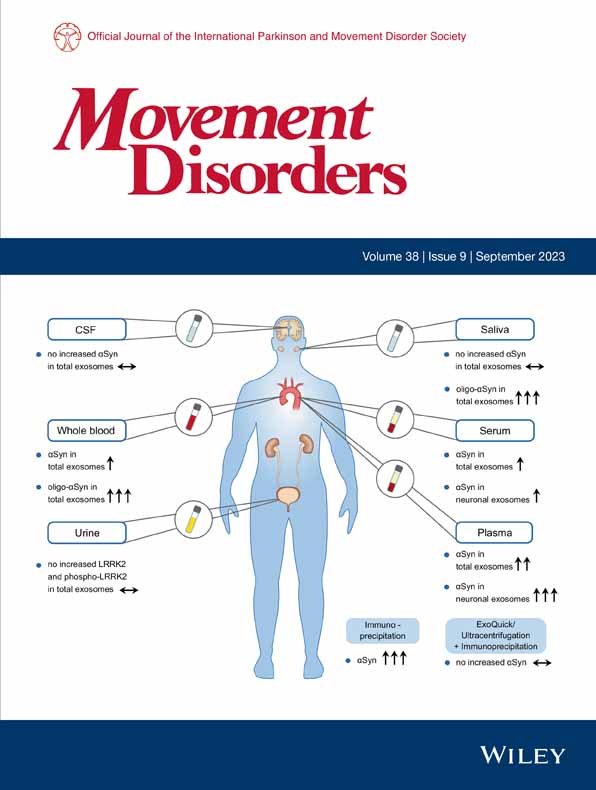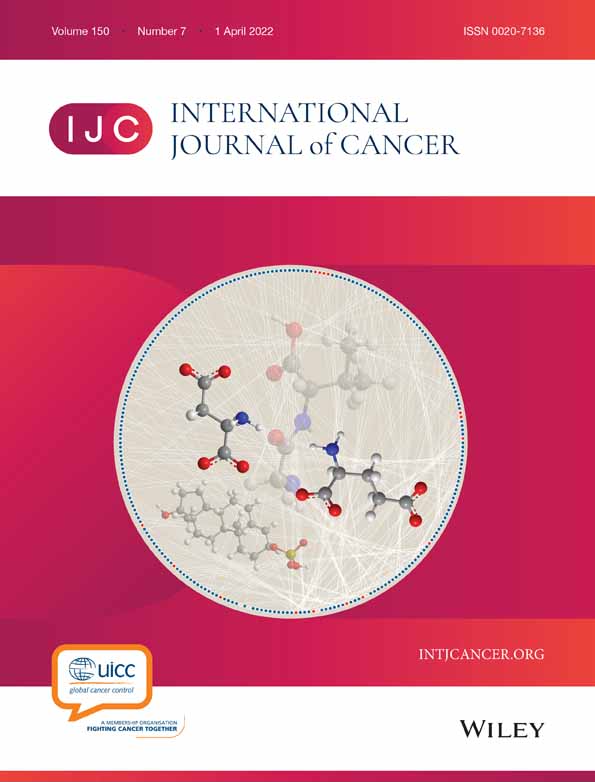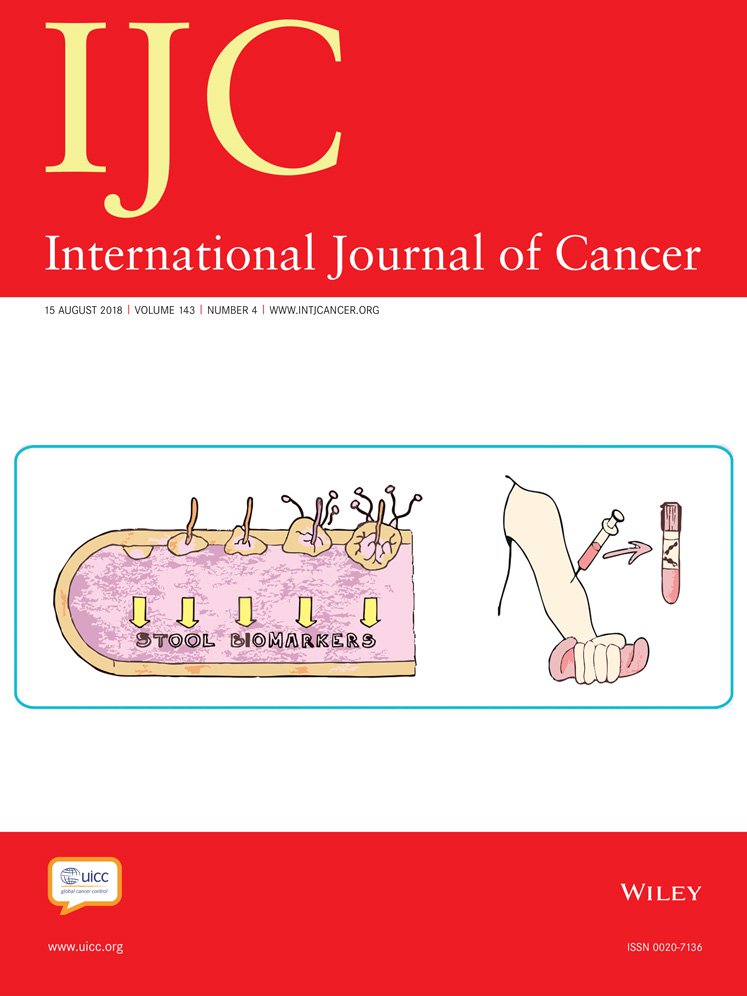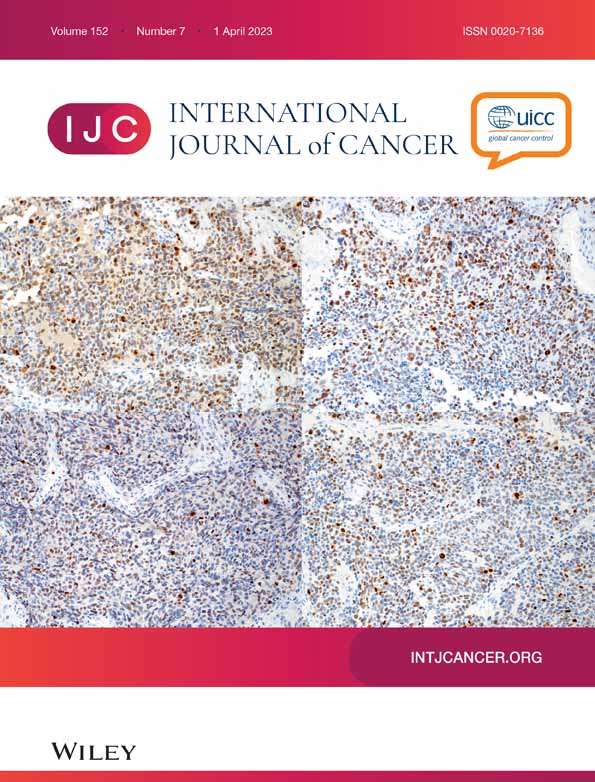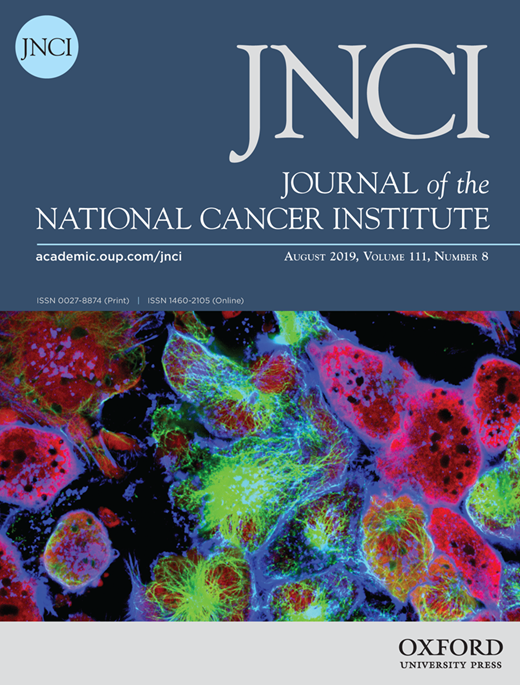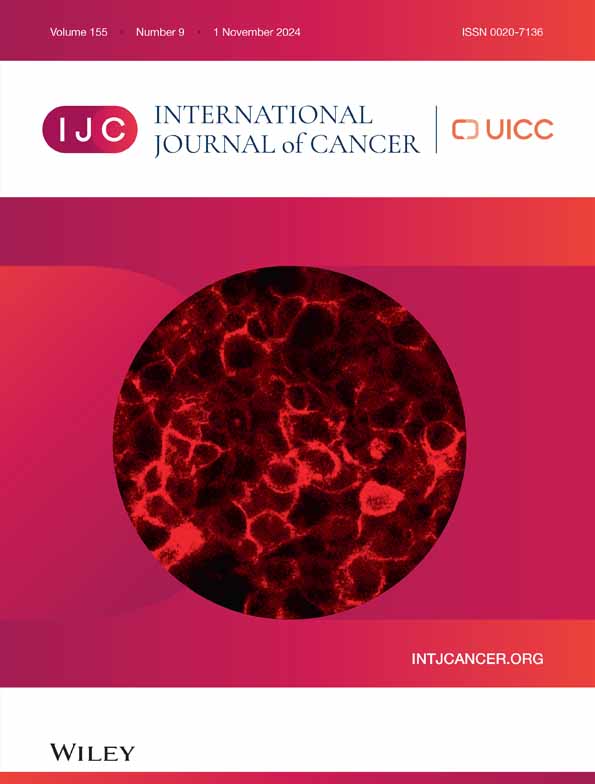Prediagnostic selenium status and hepatobiliary cancer risk in the European Prospective Investigation into Cancer and Nutrition cohort
Background: Selenium status is suboptimal in many Europeans and may be a risk factor for the development of various cancers, including those of the liver and biliary tract. Objective: We wished to examine whether selenium status in advance of cancer onset is associated with hepatobiliary cancers in the EPIC (European Prospective Investigation into Cancer and…





